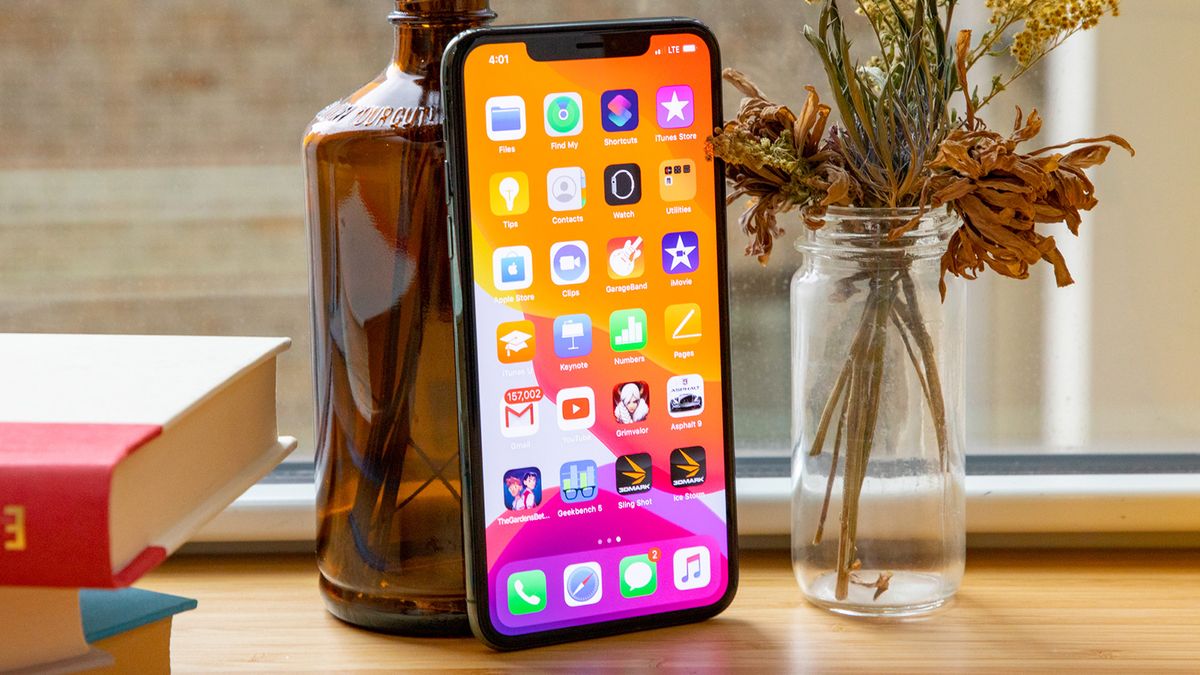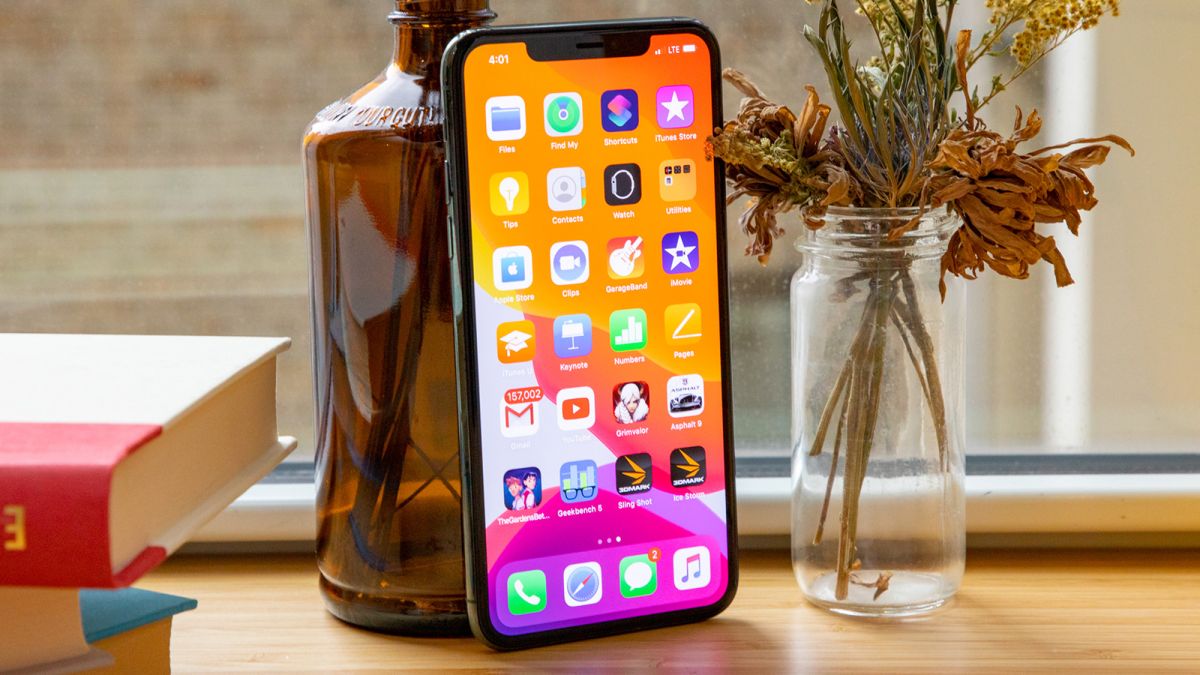
Apple might be about to take a big step towards its Micro LED future, as a report suggests that it will be investing in a new Mini LED production line in China.
Apple is expected to move to Mini LED panels for its 2021 lineup of products, spanning the next generation of iPads, iPhones and possible even MacBooks. This will be an intermediate step until Apple figures out how to manufacture Micro LED displays at scale, which will take these strengths to the next level.
Mini LED displays have a few distinct advantages over LCD and LED. Firstly, they are significantly thinner, which lets manufacturers free up space inside the phone for other components. It’s also supposed to consume about a tenth of power as compared to LCDs. It can also attain higher brightness, dynamic range and a wider colour gamut when compared to OLED, owing to a denser matrix. All of this can be achieved with a lower likeliness of display burn-in.
A report from MyDrivers out of China suggests that Apple is looking to set up a Mini LED display plant in Taiwan, and will invest close to $330 million for the factory. The partners are expected to be LED manufacturer Epistar and LCD panel manufacturer AU Optronics.
The shift to Micro LED will let Apple offer better displays, with a higher refresh rate, and a higher degree of flexibility — all of which are already expected to be on the cards for the 2020 iPhones. While the next few generations will implement Mini LED, Micro LED remains as one of Apple’s top priorities for the future, according to the report.
The first Apple product to sport a Mini LED display is likely to be the 2021 iPad Pro. After reaching an acceptable level, they could make an appearance on the iPhones and MacBooks.
